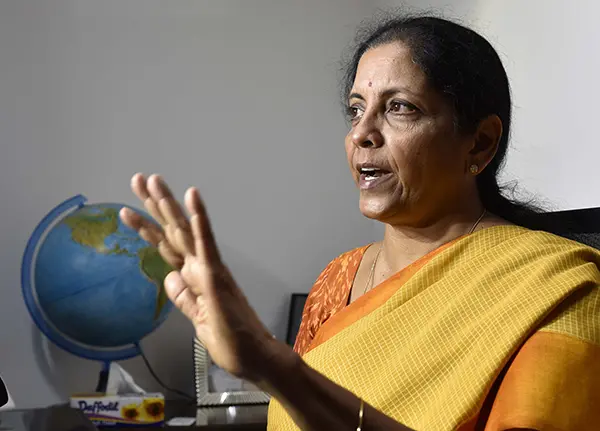Economists and experts have lauded the central bank's removal of controls on bank lending rates as a critical step in reforming the nation's financial system.
Huang Yiping, a Peking University professor, said the move is a manifestation of the government's determination to deepen reforms.
The People's Bank of China (PBOC), the central bank, announced Friday that it would scrap the floor limit for banks' lending interest rates. Financial institutions can decide their own rates following commercial principles. The new rule became effective on Saturday.
Under the previous system, banks were not allowed to lend at rates below 70 percent of the guideline rates.
"This indicates that the nation has begun a new round of financial reforms. It also showcases that the new leadership's economic policies seek to enhance marketization and ease controls," said Sun Lijian, dean of School of Economics, Fudan University.
According to the PBOC, lifting controls on lending interest rates can help cut costs for enterprises in raising funds and it can also optimize financial resources to boost the real economy and economic restructuring.
The reform will boost the competition between banks, and speed up their currently uniformed models of operation," said Ba Shusong, a researcher with the Development Research Center of the State Council.
Managers of the nation's major bank, including the Industrial and Commercial Bank of China and Bank of China, said the reform will have a deep impact on the banking industry in the medium and long term in that banks will diversify their operations.
Lian Ping, chief economist with the Bank of Communications, said that liberalizing lending rates will benefit the real economy.
"Large and medium-sized enterprises with good qualifications will have stronger bargaining power when seeking loans, and in this sense, the move will help stabilize economic growth," said Lian.
On the other hand, micro and small enterprises, which usually accept interest rates 10 to 30 percent above the guideline rate, will become more attractive to banks. This will ease the credit crunch among small businesses.
According to the PBOC statement, controls on bill discount rates would also be scrapped and the ceiling limit for lending from rural banks would be eliminated.
Zeng Gang, a researcher with the Chinese Academy of Social Sciences, said the cancellation of the ceiling limit for lending by rural banks will encourage rural banks to lend, and help address the difficulties of financing for micro-sized companies in rural regions.
However, the central bank did not remove the ceiling on deposit rates, and retained the lending interest rates for personal housing for the healthy growth of the property market.
Ba said that freeing deposit rates will have a more profound impact, and it needs in place mature mechanisms regarding deposit insurance and risk management, which are yet to be improved and rolled out.
 简体中文
简体中文

